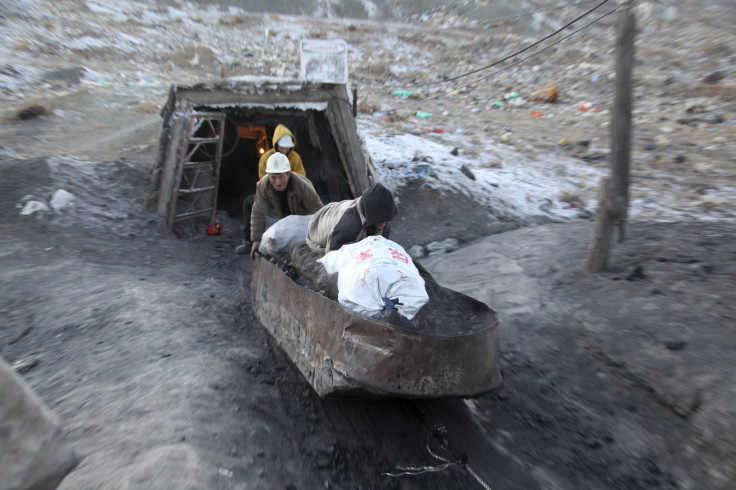Mongolia Must Hike Rates Further to Curb Inflation: IMF

Mongolia has taken some measures to strengthen the economy but the country is still in need of strong fiscal and monetary reforms to shore up growth and control inflation, the International Monetary Fund said.
GDP growth has slowed sharply this year while inflation rate has soared in the land-locked northern neighbour of China. Foreign reserves of the country have improved this year but it was on account of increased borrowing from abroad, IMF noted.
"With the balance of payments still facing difficulties and inflation above target, the mission sees the need for further policy adjustment. The deficit including Development Bank of Mongolia spending brought gradually down to 2% of GDP," said Koshy Mathai, the IMF official who just completed his Mongolian visit.
This year alone, the Mongolian central bank has increased the policy rate by 150 basis points to 12%.
"The Fiscal Stability Law's deficit and debt targets should be maintained, and DBM spending should also be covered. Monetary policy should also be tightened, and the exchange rate kept flexible. Finally, measures to improve bank supervision and strengthen the banks are a priority," Mathai said in a statement released on Friday.
Mongolia has been one of the world's fastest growing economies as a result of large investment in the mining sector but faced a severe setback last year in the form of sharp declines in foreign direct investment and coal exports.
The Mongolian currency had fallen to a record low of 1,882 per US dollar in August, 13% down since January. But it has rebounded 3% after that. The Tughrik is still 10% down so far in 2014.
The authorities eased macroeconomic policies to buffer the economy and were able to maintain double-digit growth, but with the balance of payments still in deficit, the currency has depreciated and inflation rose, the fund said.
The inflation rate in Mongolia has been above 10% for about a year and came at 13.70% in August. It has averaged 12.5% over the past seven years.
"This year, while growth has slowed sharply, the trade balance has improved, and reserves have risen on account of increased foreign borrowing," the fund said.
The east central Asian country has seen its GDP growth slowing to 7.4% as per the latest quarterly estimate, after three consecutive quarters of above 11% growth, indicating the impact of a sharp drop in FDI in the mining sector of the mineral-rich Mongolia.
IMF noted that the People's Bank of China swap line, recently extended to 2017 and expanded by 50 percent to 15bn yuan, provides an important, additional cushion to Mongolia, but added that with FDI continuing to decline, the overall balance of payments remains in substantial deficit.
"It will be important to implement structural reforms to improve the business climate, make the economy more competitive, and boost FDI, with due regard for labor rights, environmental protection, and the needs of the most vulnerable," Mathai said in his statement.
Meanwhile, a Bloomberg report on 26 September showed that Mongolia and Rio Tinto Group were nearing a resolution for tax dispute over the development of one of the world's largest copper and gold deposits.
Development of the Oyu Tolgoi mine has been held up for more than 18 months due to a tax dispute, cost overruns and shareholder conflicts between the two parties. An agreement will unleash $4.2bn to develop the underground section of the mine, where 80% of Oyu Tolgoi's wealth lies, the report said.
© Copyright IBTimes 2025. All rights reserved.






















